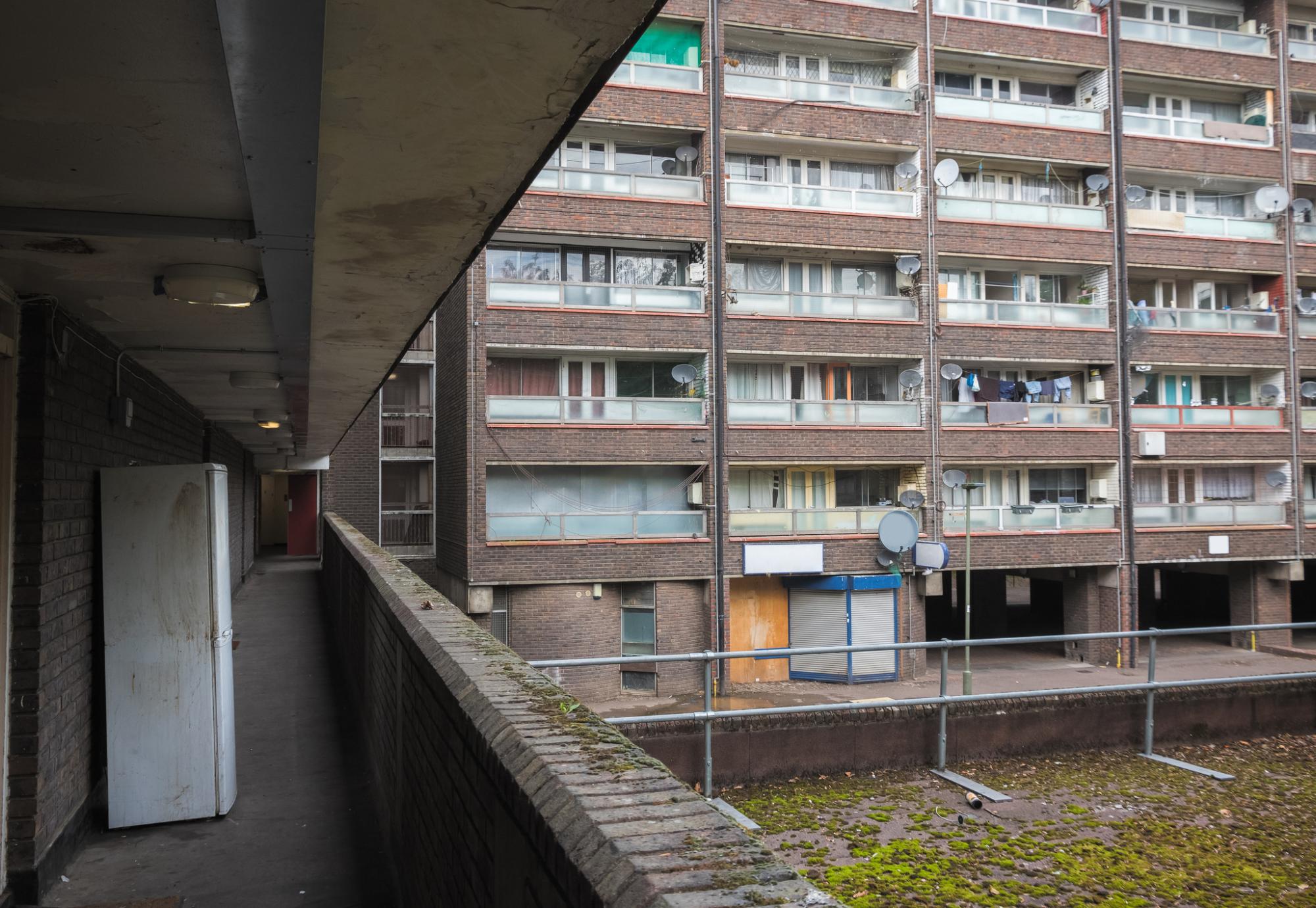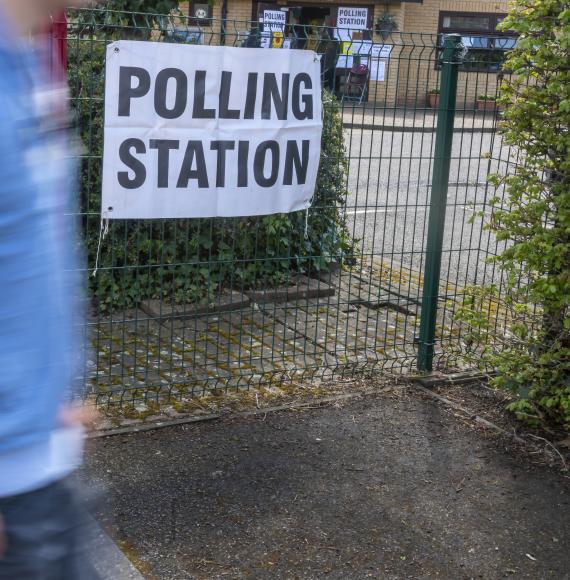The Levelling Up White Paper provides little assurance that deprived communities in the capital will benefit from the government’s levelling up ambitions, London Councils has said.
While welcoming the whitepaper’s focus on reducing inequalities and boosting prosperity in all parts of the country, the cross-party group called for London boroughs to have the powers and resources needed to tackle the capital’s enormous challenges.
Boroughs are particularly concerned by the government redirecting funding for housing supply away from the least affordable areas, as this will reduce investment in affordable housebuilding in the capital and exacerbate London’s housing crisis.
In its response to the whitepaper, London Councils highlighted the following key points:
London is home to some of the most deprived communities in the country
More than a quarter (27%) of Londoners live in relative poverty after housing costs, with child and in-work poverty rates particularly high, with four in ten children living in poverty.
London’s economy has been hard hit by the Covid-19 pandemic, with London’s unemployment rate above the national average and almost a million Londoners receiving Universal Credit.
The whitepaper shares some details on how the UK Shared Prosperity Fund (UKSPF) will address deprivation and support regeneration, replacing annual funding of £2bn from the European Union’s (EU) European Structural and Investment Funds (ESIF).
However, London boroughs have repeated their call for the capital to receive at least the same amount of investment as under the past EU structural funds.
They have warned that any reduction in resources will undermine efforts to reduce poverty and spread opportunity.
London is desperate for more affordable housing
London has the highest homelessness pressures in the country, with 165,000 homeless people living in temporary accommodation arranged by their local borough, while nearly 300,000 households are on a housing waiting list.
According to analysis by Savills, the annual need for additional affordable housing in London is 7.6 times greater than current levels of supply, compared to 2.6 across England.
The scrapping of the ‘80/20’ rule, which prioritises government funding for ‘maximum affordability areas’, will undermine efforts to boost affordable housebuilding in the capital, London Councils said.
London boroughs want to lead on local levelling up
Decisions should be made as closely as possible to the communities affected, the boroughs said.
London Councils wants bolder action on devolving powers and budgets to boroughs, who they said know their local areas best and are well-placed to make levelling up a reality.
However, figures show that London boroughs’ core spending power will remain a fifth lower than it was in 2010-11 in real terms, even though London’s population has since grown by a million.
London boroughs face a funding shortfall of up to £400m next year due to underlying service pressures, growing inflation and the impact of Covid-19.
Therefore, increasing local government funding is essential to making progress on a vast range of levelling up ambitions, London Councils said.
Commenting, Chair of London Councils, Councillor Georgia Gould said:
“While we welcome the government’s positive vision of a fairer and more prosperous country, it’s absolutely critical that any plans to tackle inequality include London.
“Like the rest of the UK, Londoners face complex challenges requiring proper investment in our communities. The single biggest step the government could take to support levelling up would be to reverse the funding cuts made to council budgets over the past decade or so, but we are not seeing that.
“The whitepaper leaves serious concerns about London’s place in the government’s plans. The decision to redirect funding for new housing supply risks undermining affordable housebuilding in the capital and hampering our shared ambitions to tackle homelessness.
“The cost-of-living crisis weighs heavily on the shoulders of families across the capital, with four in ten children living in poverty and an unemployment rate higher than the national average.
“London’s role as a global city is critical to driving inclusive growth here and in the rest of the country and we can’t take it for granted.
“Councils sit at the heart of their communities and we stand ready to work with the government to play a leading role in this crucial work.”



















